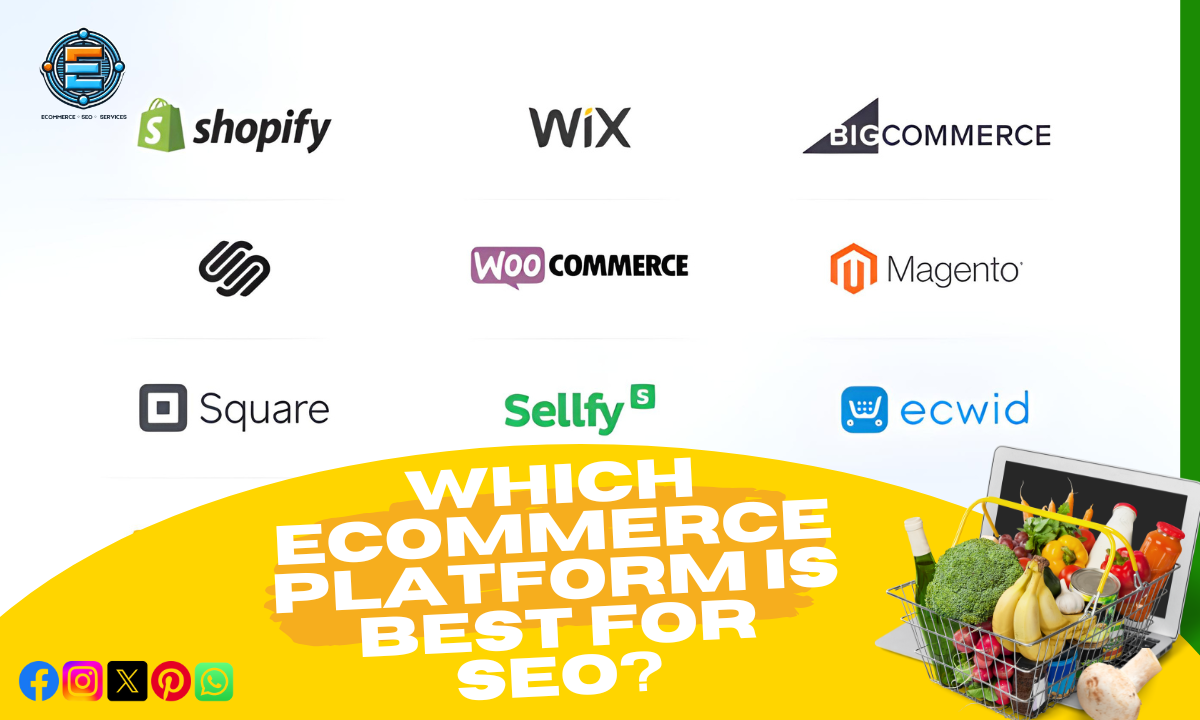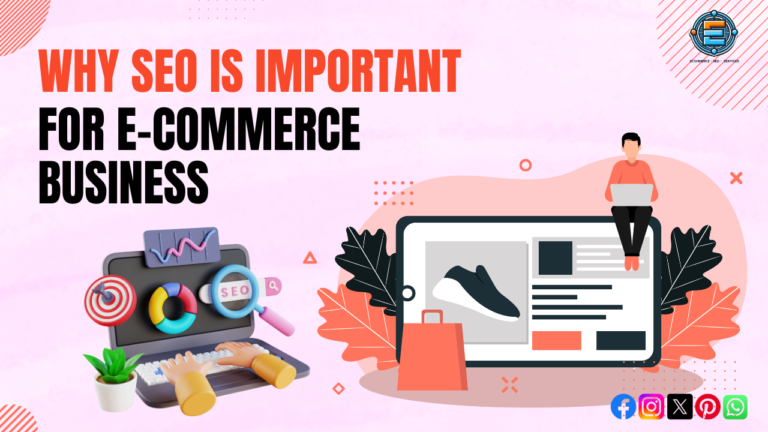Choosing the right ecommerce platform can significantly impact your business. If you’re looking to boost your organic traffic, understanding which ecommerce platform is best for SEO is crucial.
Wix, Shopify, and BigCommerce are among the top ecommerce platforms that excel in SEO capabilities, helping you rank higher in search engine results.
Many entrepreneurs struggle with visibility in a crowded online market. A platform that offers strong SEO features can help you stand out, attract more customers, and ultimately increase sales.
In fact, a well-optimized site can lead to a significant boost in organic traffic, making it essential to select the right tools for your needs.
Many options exist, but not all ecommerce platforms are created equal when it comes to SEO. Knowing the strengths of each platform can empower you to make an informed decision that supports your business goals and enhances your online presence.
Understanding Ecommerce SEO
Ecommerce SEO services is crucial for boosting your online store’s visibility and attracting organic traffic. By optimizing your site, you can improve search engine rankings and ultimately increase sales. Here are the key aspects that you should focus on.
The Importance of SEO for Ecommerce
SEO is vital for your ecommerce business because it helps your products get found online. With a strong SEO strategy, your online store can rank higher in search engine results. This visibility means more people can discover your products.
When customers search for specific items, they often rely on search engines to find what they need. If your site is properly optimized, it can lead to increased traffic.
Higher traffic usually translates to more potential sales, making SEO a top priority for any ecommerce platform.
Key SEO Concepts for Online Stores
Several key concepts are essential for effective ecommerce SEO.
First, keyword research helps you identify the terms your customers use. Targeting these keywords in your product titles, descriptions, and blog content can enhance your site’s relevance.
Next, utilize on-page SEO features. This includes optimizing your URLs, meta titles, and image alt texts. Using structured data can also improve how search engines read your site, leading to better visibility.
Don’t forget about mobile optimization. Many shoppers use mobile devices, so your website must be responsive. A mobile-friendly site enhances user experience, which search engines favor when ranking pages.
How SEO Impacts Traffic and Sales
SEO significantly impacts both traffic and sales for your online store. Improved rankings in search engines lead to higher organic traffic. More visitors can mean more conversions when you provide a well-structured and appealing shopping experience.
By increasing your visibility, SEO helps build brand awareness. Consistent ranking for key terms creates trust with your audience. Customers are more likely to buy from brands they recognize.
Evaluating Top Ecommerce Platforms
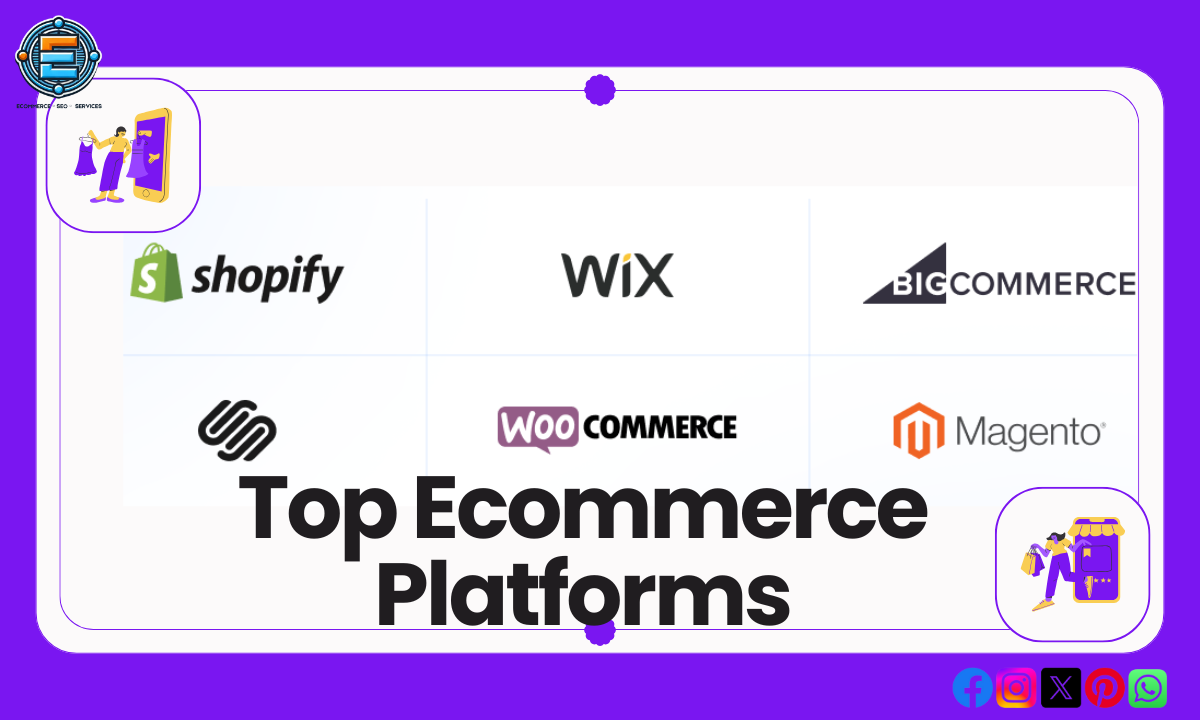
When selecting an ecommerce platform for SEO, consider specific features that enhance visibility and search engine rankings. Each platform offers unique tools that can significantly impact your online store’s success.
Shopify: An SEO Perspective
Shopify is renowned for its user-friendly design and powerful SEO tools. You can easily customize title tags, meta descriptions, and URLs, which are crucial for search engine optimization.

Its built-in blogging platform allows you to create content that drives organic traffic. Shopify also supports structured data, which helps search engines understand your content better.
Moreover, it offers apps like SEO Manager to streamline optimization efforts. With Shopify, you can enhance your site’s visibility with mobile optimization and fast load times, both vital for SEO success.
WooCommerce and SEO Capabilities
WooCommerce is a plugin for WordPress, making it a great choice for those familiar with the platform. It offers extensive SEO capabilities that can significantly boost your store’s performance.
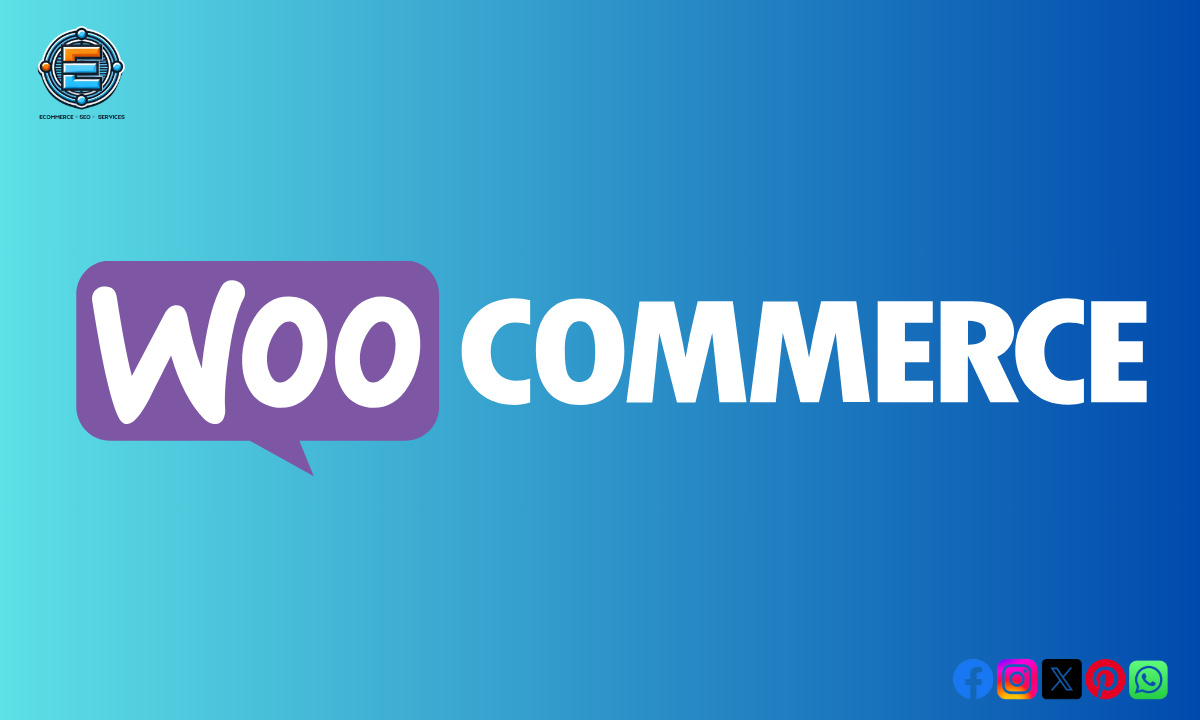
You have full control over your SEO settings, including customizable permalinks and meta tags. Integration with plugins like Yoast SEO enhances your optimization efforts, guiding you in best practices.
Furthermore, WooCommerce allows content marketing through blogs and product descriptions. Regularly created, quality content can improve your search engine rankings.
With the right strategies, WooCommerce can be one of the best ecommerce platforms for SEO.
BigCommerce for Enhanced Visibility
BigCommerce provides robust SEO features tailored for larger operations. You can customize URLs and product descriptions, which helps improve search engine visibility.
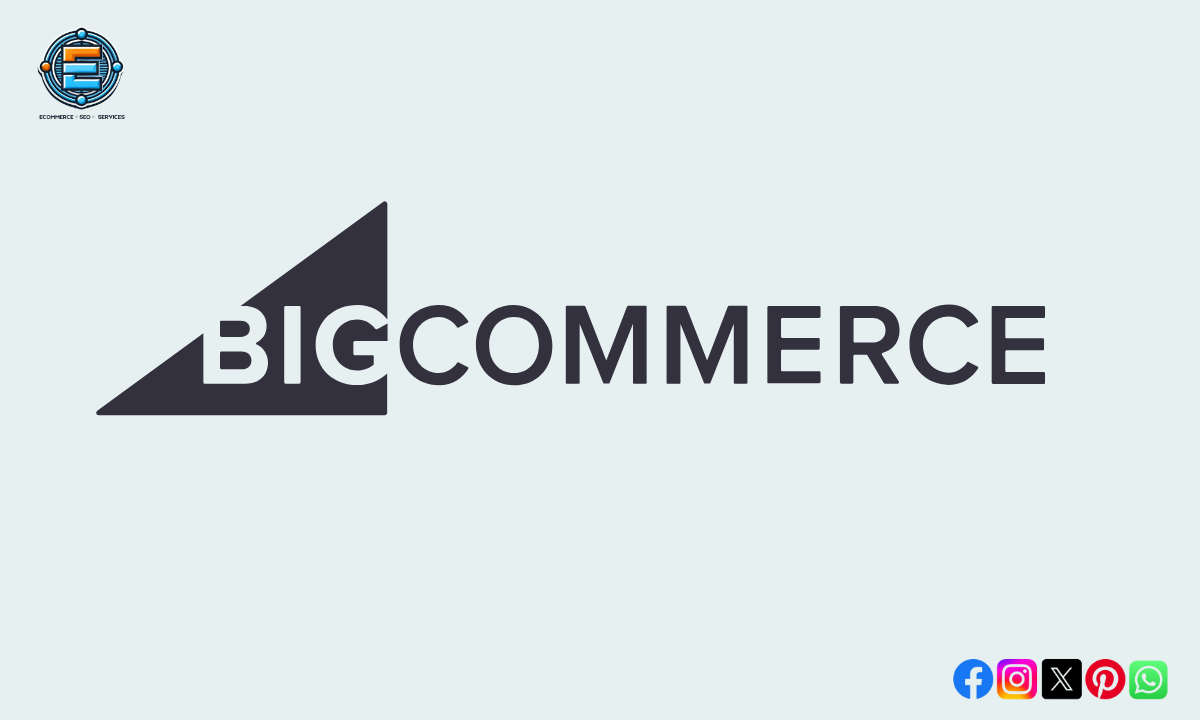
It supports out-of-the-box SEO capabilities, such as sitemaps and canonical tags, which prevent issues with duplicate content.
BigCommerce also includes digital marketing tools like email campaigns and social media integration, driving more traffic to your site. Its responsive design ensures your store performs well across devices, further enhancing SEO efforts.
Magento (Adobe Commerce) and SEO Integration
Magento, now part of Adobe Commerce, is known for its flexibility and control over SEO features. This platform is ideal for those with technical expertise who want detailed customization options.
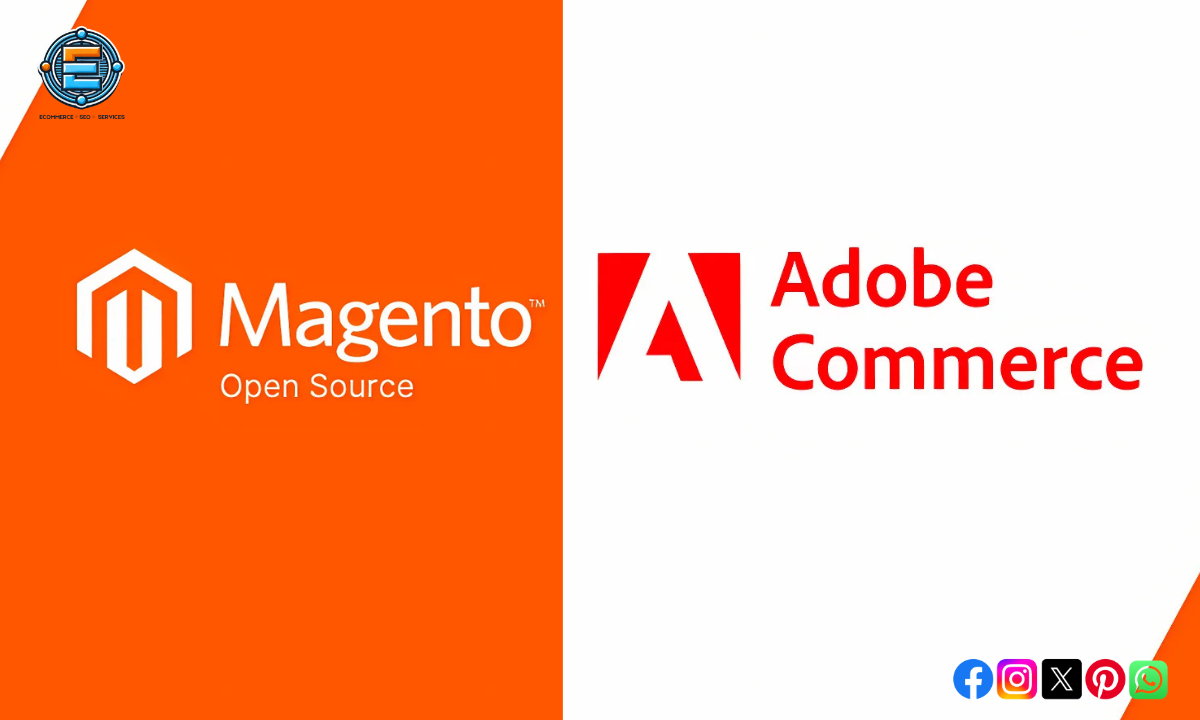
You can set custom URLs, optimize meta tags, and create rich snippets to enhance search results. Advanced users appreciate its ability to integrate with various SEO tools to better analyze and enhance performance.
Magento supports layered navigation, allowing for better product discoverability. This can lead to higher search engine rankings due to improved user experience.
SEO Features and Tools on Different Platforms
When choosing an eCommerce platform for SEO, it’s crucial to understand the built-in tools, analytics capabilities, and user experience. These features can greatly influence your site’s search engine visibility and effectiveness.
Built-in SEO Tools Versus Extensions
Different platforms offer varying degrees of built-in SEO tools. For example, Shopify includes meta tag management, optimized URLs, and easy sitemap generation to boost your visibility.
On the other hand, Wix makes SEO simple for beginners with its user-friendly interface and structured data support.
You may also consider platforms like BigCommerce. They provide advanced tools for large stores, including XML sitemaps and customizable URLs. However, if you prefer flexibility, WooCommerce allows for a range of SEO plugins to extend its capabilities to meet your needs.
Analytics and Reporting for Effective SEO
Tracking your SEO performance is vital. Most platforms offer integrations with Google Analytics, enabling you to monitor user behavior and website traffic.
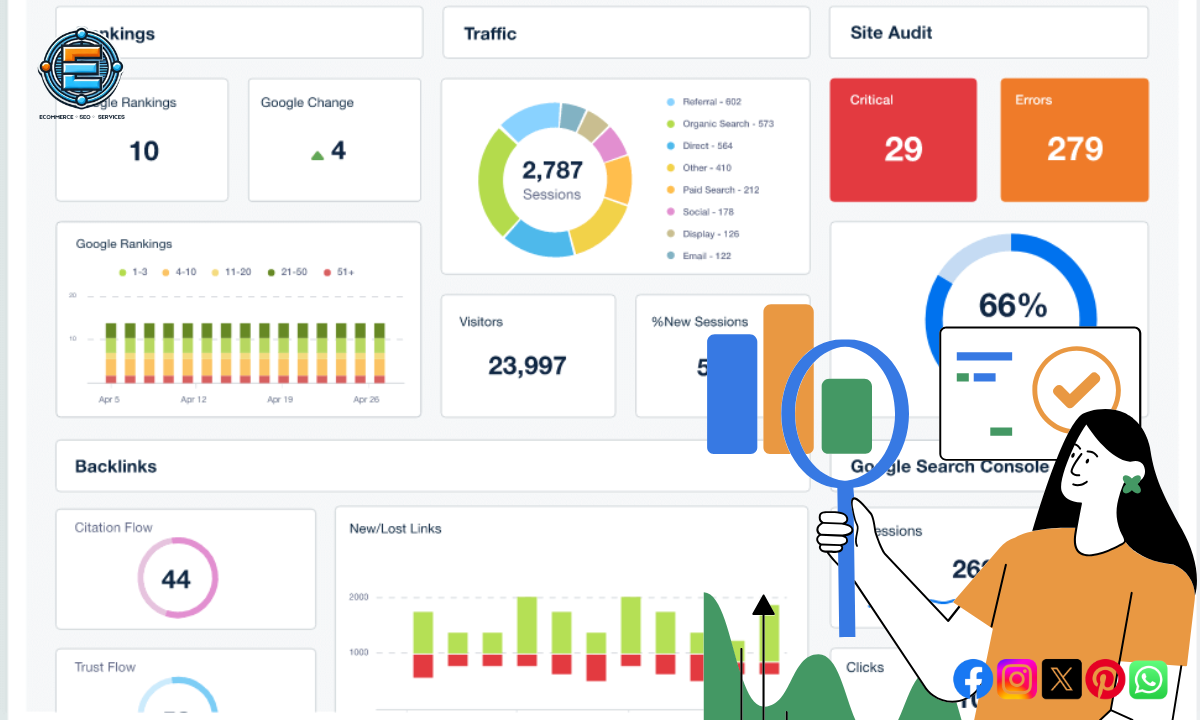
Shopify and BigCommerce both provide built-in reporting tools for easy access to key metrics.
Understanding your data helps you make informed decisions. Look for platforms that support Google Search Console, allowing you to fine-tune your technical SEO easily. This includes managing robots.txt and improving site speed, which are essential for maintaining your site’s ranking.
User Interface and the SEO Learning Curve
A user-friendly interface can make a big difference in how easily you implement SEO practices. Platforms like Squarespace have intuitive designs that help you customize meta tags without needing deep technical knowledge.
In contrast, while Magento offers extensive control for technical SEO, it may require more expertise to navigate effectively. Therefore, consider your current skill level when selecting a platform. The right choice will support your SEO efforts while aligning with your comfort and understanding of SEO strategies.
Best Practices for Ecommerce SEO Optimization
Effective ecommerce SEO optimization requires a focus on content, technical structure, and user experience. By addressing these areas, you enhance visibility in search engines and can drive organic traffic to your ecommerce store.
Creating SEO-Friendly Content and Product Pages
Start by using relevant keywords in your product descriptions and titles. Research tools can help identify the right keywords to attract your target audience.
Each product page should include unique content. Avoid duplicate content as it can harm your rankings. Use SEO-friendly URLs that reflect the product name and category.
Incorporate structured data to help search engines understand your products. This can improve your visibility in search results through rich snippets.
Lastly, utilize alt text for images. This not only helps with SEO but also improves accessibility for users.
Technical SEO for Ecommerce Sites
Technical SEO is crucial for your ecommerce site’s performance. Begin with a well-organized sitemap to help search engines crawl your site easily.
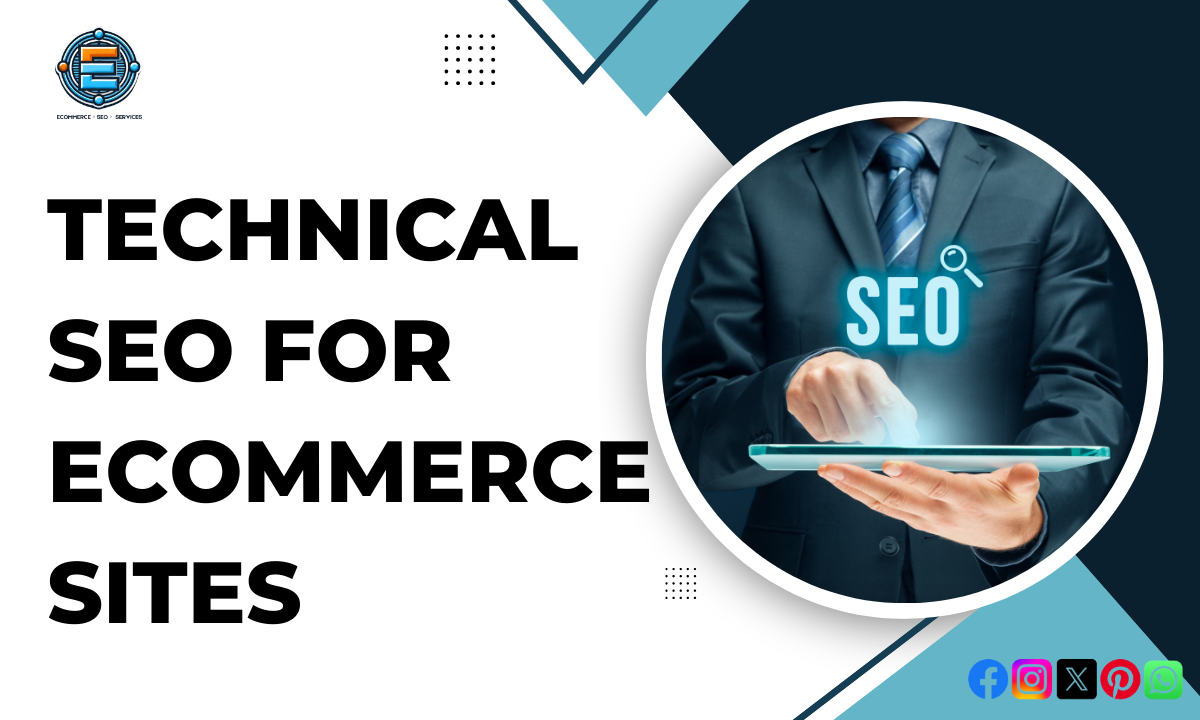
Implement 301 redirects for any outdated URLs to ensure users land on the correct pages. This helps maintain your site’s authority and keeps customers engaged.
Optimize your site’s URL structure to be short and descriptive. This makes it easier for users and search engines to navigate.
Keep your website’s load time fast to improve both rankings and user satisfaction. A faster site encourages users to stay longer and can lead to increased sales.
Improving User Experience for Better SEO
User experience plays a key role in SEO. A responsive design ensures your ecommerce site is accessible on all devices. This is vital as more shoppers use mobile devices.
Make it easy for customers to navigate through your site. Clear menus and a straightforward checkout process can reduce cart abandonment rates.
Improve loading speeds by optimizing images and using efficient code. Fast-loading pages enhance user satisfaction and can boost conversions.
Additionally, create a blog to drive content marketing initiatives. This not only helps with SEO but also engages your audience, further improving your site’s visibility.
FAQs
When choosing an ecommerce platform for SEO, it’s important to consider various features and the overall impact on your site’s visibility. The choices you make can significantly affect your store’s performance in search engines and your ability to attract organic traffic.
What features should an ecommerce platform have to effectively support SEO?
A good ecommerce platform should have customizable URLs, fast loading speeds, and the ability to integrate with analytics tools. It should also allow for the easy addition of meta tags, alt text for images, and other SEO-friendly features.
How do platform choices like Shopify, WooCommerce, and BigCommerce compare in SEO capabilities?
Shopify offers built-in SEO tools and simple URL structures but has some limitations in customization. WooCommerce, being a plugin for WordPress, provides extensive SEO capabilities through various plugins. BigCommerce stands out with its rich features that support SEO, including mobile optimization and advanced features.
Can the right ecommerce SEO tools compensate for platform shortcomings?
Yes, using SEO tools can help address certain limitations of your platform. For example, if your chosen ecommerce platform lacks SEO features, tools like Yoast SEO for WooCommerce can enhance your optimization efforts.
What are the SEO benefits of using an open-source ecommerce platform over a hosted solution?
Open-source platforms, like WooCommerce, allow for more customization, which can lead to better SEO performance. You can tailor aspects like URL structure and site speed more effectively than in many hosted solutions, which may have fixed features.
How does the architecture of an ecommerce website impact its SEO potential?
The architecture of your website affects crawling and indexing by search engines. A well-structured site with clear navigation and a logical hierarchy improves user experience and makes it easier for search engines to rank your pages.
Which ecommerce platform is renowned for yielding the best SEO results for online stores?
Shopify and WooCommerce are frequently regarded as top options for SEO effectiveness. Shopify’s built-in SEO features provide a strong foundation. Meanwhile, WooCommerce allows for extensive customization that can lead to excellent SEO outcomes.

